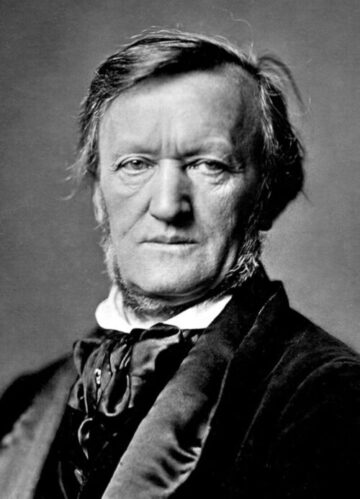In (continued) Search of Wagner: Criticism and the Limits of Legitimate Interpretation

Event: Conference
Location: NEC conference hall
31 October 2024, 17.00-19.00
Patrick ZUK, Musicologist and Director (Arts and Humanities) of the Institute for Advanced Study at the University of Durham
Short abstract:
Notwithstanding his exceptional importance in the history of nineteenth-century music and his far-reaching influence on cultural life, the German composer Richard Wagner (1813-1883) remains a controversial figure, even if his music dramas based on Germanic mythology and mediaeval historical subjects occupy an immovable place in the operatic repertory. The acrimonious debates about the value of his creative achievement show no sign of abating: indeed, it is difficult to think of another artist whose oeuvre continues to attract such intense moral opprobrium and markedly hostile critical responses. In addition to long-standing allegations that Wagner’s work gives covert expression to antisemitism, recent commentators have claimed to discern in it a wider range of objectionable outlooks, including racism and misogyny. This turbulent reception history raises issues which have assumed heightened relevance in the contemporary critical climate, given the growing tendency to appraise artworks predominantly in light of social justice concerns. Paramount amongst these are the validity of the hermeneutic strategies that Wagner’s critics have employed, which often seem to rely on simplistic assumptions about the connections between an artist’s life and work, and the related problem of the limits of legitimate interpretation—in other words, how to establish the boundary between a responsible reading of an artwork and merely reading things into it that are insufficiently supported by evidence. I will elucidate these questions with particular reference to Wagner’s last music drama Parsifal (1882), perhaps the most contentious of his creations.